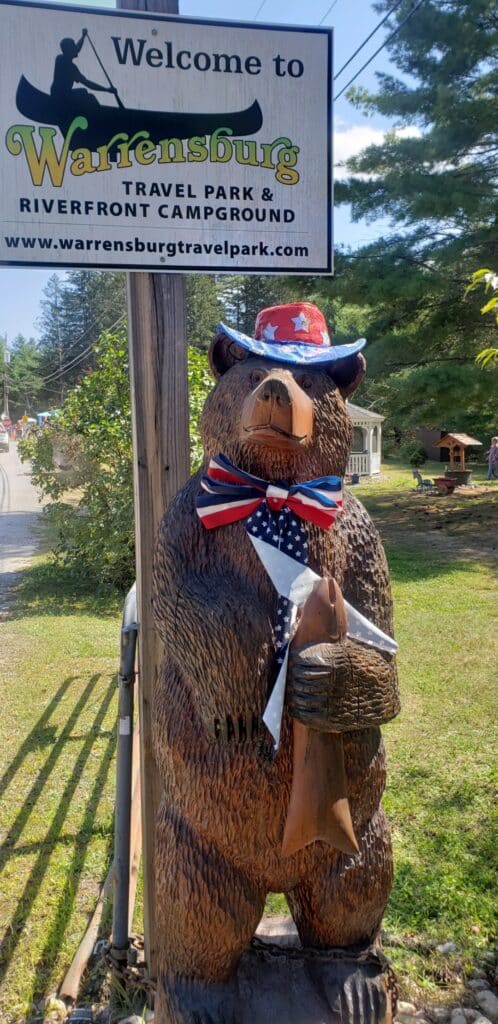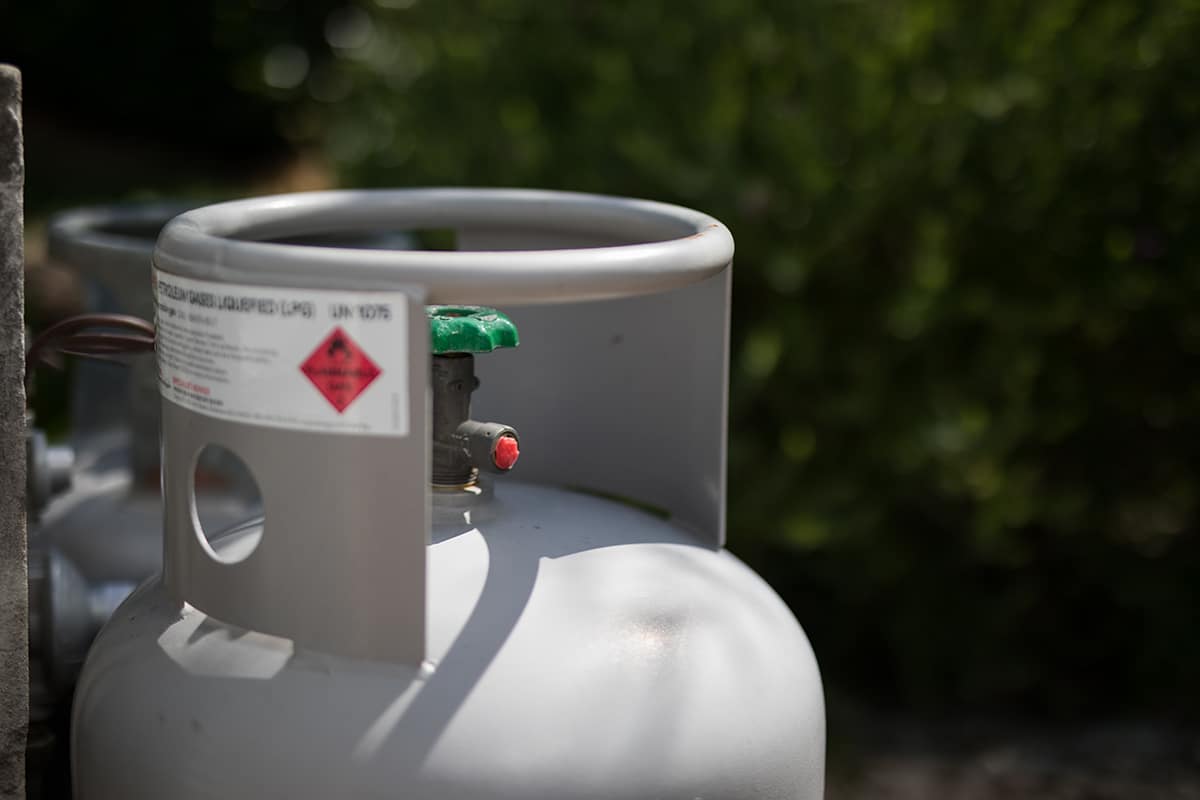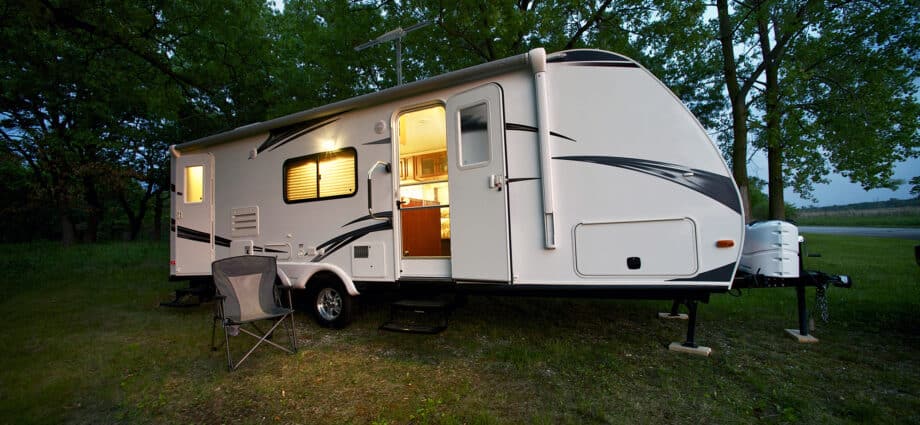Safety precautions with propane

Here are some propane tips and tricks other RVers camping near Lake George have shared:
-
Tip to find a gas leak.
-
If you need assistance locating a gas leak, dish soap and water can be used.
- When applying the combination to joints, connections, or pipes, pour the liquid into a spray bottle or use a cloth to apply the mixture.
- Wherever there is a leak, you will see bubbles develop.
- Safety precautions with propane
-
Blue is the best color.
-
The flame that is produced by propane burners is often blue in hue.
-
If the flame in your fireplace is yellow or orange, you may have an issue with carbon monoxide or another substance.
-
Request the examination to be performed by a skilled professional who specializes in the field.
-
Bitter temperatures.
- When temperatures drop and remain low for an extended period of time, it does not take long before you run out of propane.
- You may supplement the heat provided by the gas furnace in your RV with space heaters and the fireplace in the RV (if present).
- If you want to keep the heat inside your trailer, you can also try insulating the windows with foam board and covering the ceiling vents with sofa cushions or RV vent covers.
-
Don’t run out of propane.
- Always keep an eye on the propane gauge, especially when it’s being put to hard use.
- In the event that your tank empties completely, the pilot light will be extinguished.
- Additionally, if a propane tank is left connected to an open gas line, then it is possible for air or moisture to enter inside the tank.
- This might cause the tank to corrode and rust, which could lead to leaks in the tank in the long run.
- Even in the absence of rust, corrosion may significantly lessen the odor of propane (rotten eggs or skunk spray smell).
-
Match usage to tank size.
- Using your recreational vehicle (RV) when the temperature is lower.
- You should think about acquiring a tank with a higher capacity for the winter months.
- The propane tank that is typically included with an RV is frequently upgraded to a bigger capacity by the owner.
- Simply take accurate measurements of the space available for storing propane in your RV to determine whether or not a larger tank would fit.
- Lake George Region

Know what to do
Propane safety precautions for when used properly, propane is one of the safest fuels available.
Still, things can happen. Here’s what you can do to protect yourself and those who RV with you:
The smell test.
If you detect a rotten egg smell or the smell resembling a skunk’s spray, you may have a propane leak.
If you smell propane. AmeriGas recommends:
- Put out candles, smoking materials, or any open flames.
- Get everyone outside immediately.
- Contact emergency services.
- Do not operate appliances, lights, or cell phones (all these things may cause a spark which can be dangerous).
- If it’s safe to do so, turn off the supply valve to your propane tank by turning the valve clockwise (to the right).
- Return to your RV only after professionals have checked out your propane system.
- Be advised that it’s safe for you to use your propane appliances once again.
Camping in Warrensburg Travel Park & Riverfront Campground
